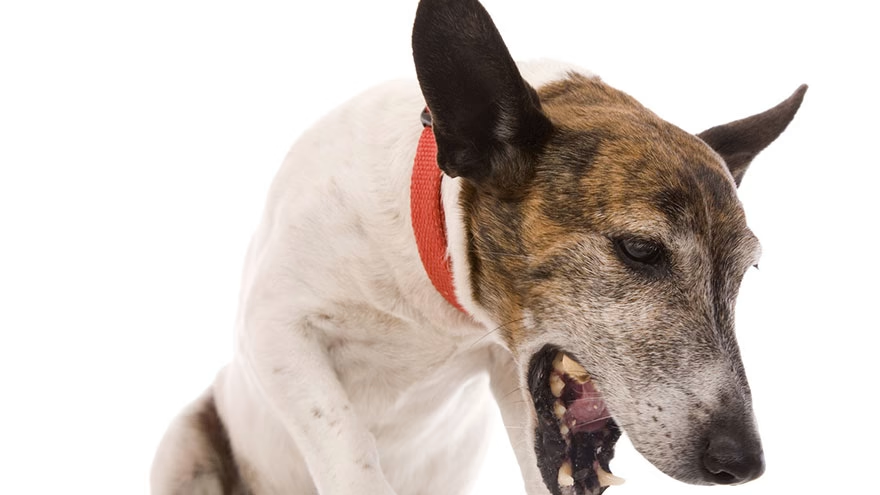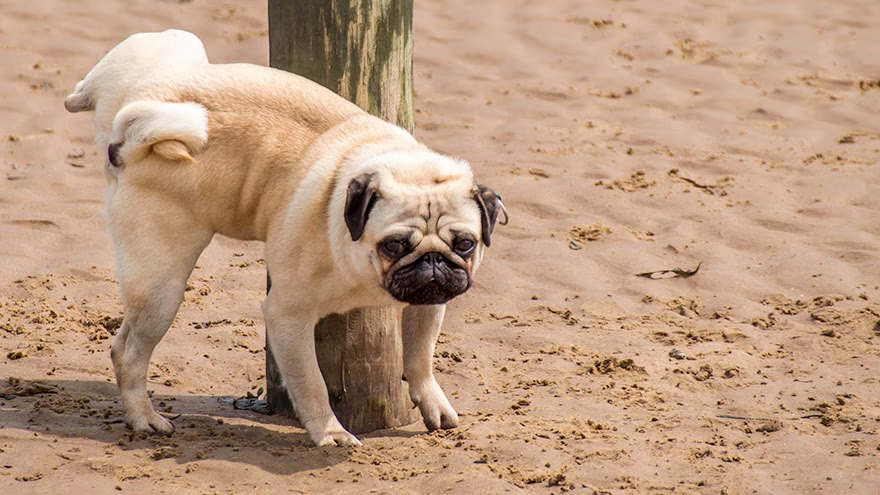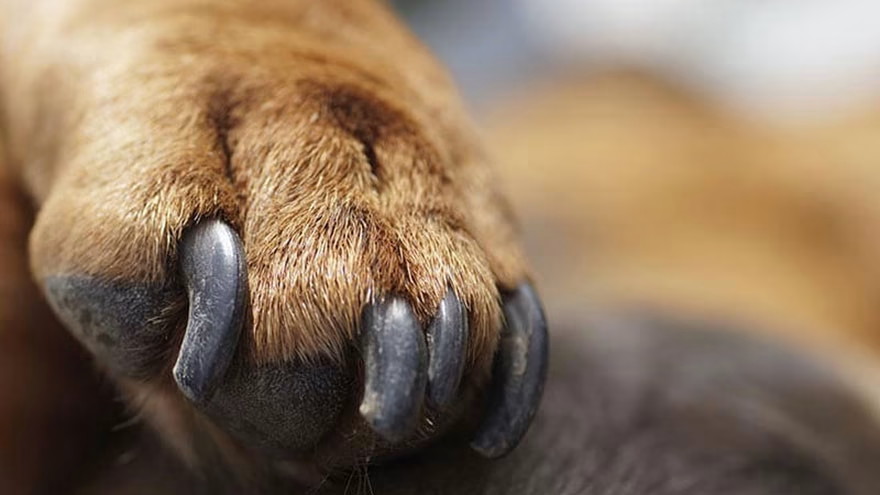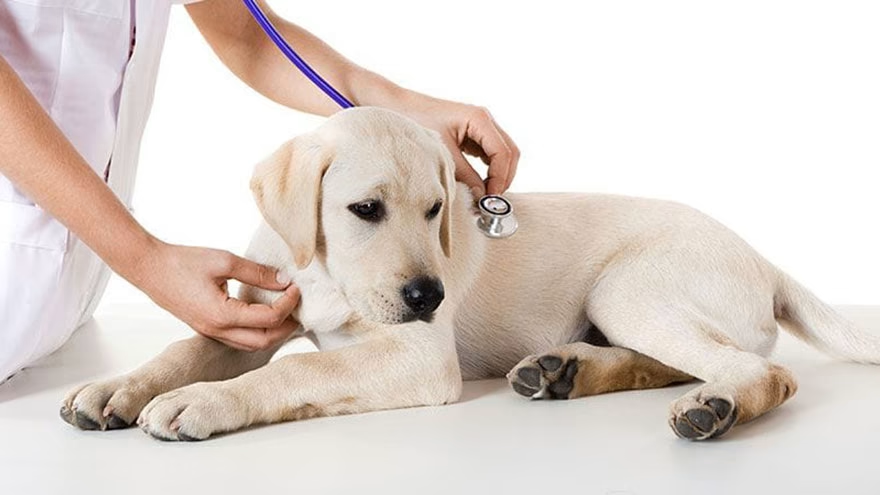No symptoms" class="auto-link" target="_blank" rel="noopener">rat poison is completely safe to have around pets. According to the ASPCA's Poison Control Center, rat poison continually makes the center's top 10 list in pet poisonings for any given year. That's because the ingredients in the bait that attract rats, also attract pets, with sometimes deadly results.

How Rat Poison Kills
The active ingredient in most rat poisons is brodifacoum, which basically prevents a rat's blood from clotting, causing it to bleed to death internally. These poisons can take several days to kill a rat, with the toxins showing no outward signs for several days. The poisons act to deplete Vitamin K, which is vital for blood clotting. Once the Vitamin K is depleted, a minor bump or bruise can be fatal. Oftentimes, rat poisons with brodifacoum look like pellets, which pets can sometimes confuse with treats or their food.
Alternatives
An alternative to poison that many people opt for are traps. These are a much safer alternative, but they still have their own dangers. A pet that eats a poisoned dead rat can still suffer ill effects from the rat poison still in the rat. One way of taking care of a rat problem without any harm to pets is through taking away what the rats want: food, water, and shelter.An exterminator can come in and inspect your home to determine where the rats are entering. Once the rats are killed and the entrance sealed, you will be moving toward ending the infestation. If you do put out traps, they should be checked daily and the rat corpses discarded immediately. Traps should be put into places where your pets cannot gain access, such as the attic or crawl space.
Symptoms
Because it can take sometimes days for the effects of rat poisoning to start showing, pet owners oftentimes are not even aware that their pet has ingested the poison. Symptoms of rat poisoning are varied and numerous, but the most visible signs your cat or dog has been poisoned are: blood in saliva, gums, stools, or urine, breathing difficulty, vomiting, excessive drooling or slobbering, bright green stool from rat poisons pellets, and weakness and fatigue. Caught early, the vet will pump the dog's stomach to eliminate the poison before the poison enters the bloodstream.
If Poisoned
If you believe your pet has ingested rat poison, even if you are not 100 percent certain, call a veterinarian immediately. If you have the packaging, have it at the ready when you call so you can read the ingredients over the phone to the vet so he knows what he is dealing with and can be prepared to treat your pet. It's also important to have a general idea of when the poison was ingested, any symptoms your pet is exhibiting, and your pet's approximate weight. When you bring your pet in, bring the material it ingested, along with any packaging.
Poison Hotline
Often, either the pet owner or veterinarian will call the ASPCA's poison control hotline. That toll-free number is 888-426-4435. You will have to pay a $65 fee for the consultation. The poison control center gets thousands of calls from panicky pet owners, and in any given year, more than 6,000 of those calls can pertain to rat poisoning. If you call the poison center yourself, be ready to give the service information about your pet's age, breed, weight, and the product and/or chemicals it ingested.You Might Also Like :: The Period of Pregnancy in Dogs





0 Comments
No comments yet. Be the first to share your thoughts!
Leave a Comment